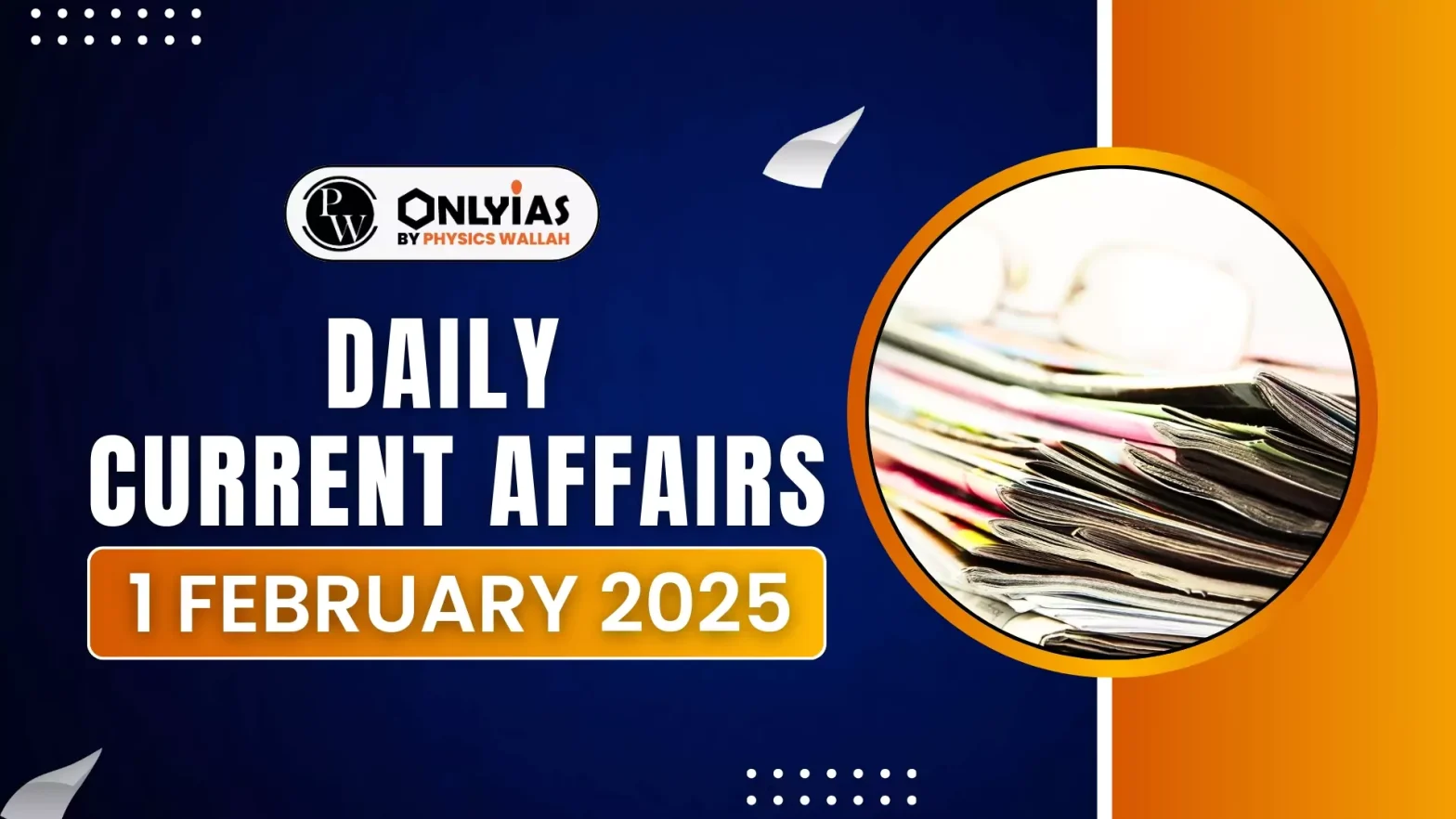The Aadhaar Authentication for Good Governance (Social Welfare, Innovation, Knowledge) Amendment Rules, 2025 has been recently notified by The Unique Identification Authority of India (UIDAI).
- The rules outlines a process to provide Aadhaar Authentication to private entities based on the approval of their proposal for the facility
About the Amended Rules
- Objective: To enable both government and non-government entities to avail Aadhaar authentication service for providing various services in the public interest and to help improve transparency and inclusivity in the decision-making process.
- Purpose: Aadhaar authentication is sought for providing services for specific purposes like,
- Enablement of innovation, spread of knowledge, promoting ease of living of residents and enabling better access to services for them in sectors like e-commerce, travel, tourism, hospitality and health sector, etc
- Proposal: Any private entity willing to utilize Aadhaar authentication, shall prepare a proposal for a purpose specified in rule 3 of the Aadhar Act and submit it to the concerned Ministry or Department of the respective government..
- The concerned ministry will forward the proposal to the Union government along with its recommendations to the Centre.
- Examination: The applications of private entities will be examined by UIDAI (Unique Identification Authority of India)
- Approval: The Ministry of Electronics and IT (Meity) will issue the approval based on the recommendation of UIDAI for using Aadhaar authentication.
- Notification: The concerned ministry or department of the central or state government will notify the entity for Aadhaar usage after receiving confirmation from The Ministry of Electronics and IT (Meity).
- Rule 3: It allows Aadhaar authentication for usage of digital platforms to ensure good governance, prevention of dissipation of social welfare benefits and enablement of innovation and the spread of knowledge.
- One of the sub-rules under rule 3 mandates that Aadhaar authentication should be on a voluntary basis.
Check Out UPSC NCERT Textbooks From PW Store
Private Entity Authentication of Aadhaar
- Puttaswamy v Union of India (2018): The five-judge Supreme Court judgment in Puttaswamy v Union of India (2018) struck down Section 57 of the Aadhaar Act, 2016. It disallows private entities from using Aadhaar authentication services.
- The Supreme Court had termed Section 57 of the Aadhaar Act “susceptible to misuse”.
- The Section 57: It empowered private entities to seek and use Aadhaar authentication for business purposes.
- Private companies like Paytm and Airtel Payments Bank sought Aadhaar details from customers under this provision to establish their entities.
- Reading down Section 2(d) of the Aadhaar Act: The court also ruled that authentication record should not include metadata. Records cannot be kept beyond the period of six months.
Ready to boost your UPSC 2025 preparation? Join PW’s UPSC online courses today!
![]() 1 Feb 2025
1 Feb 2025
